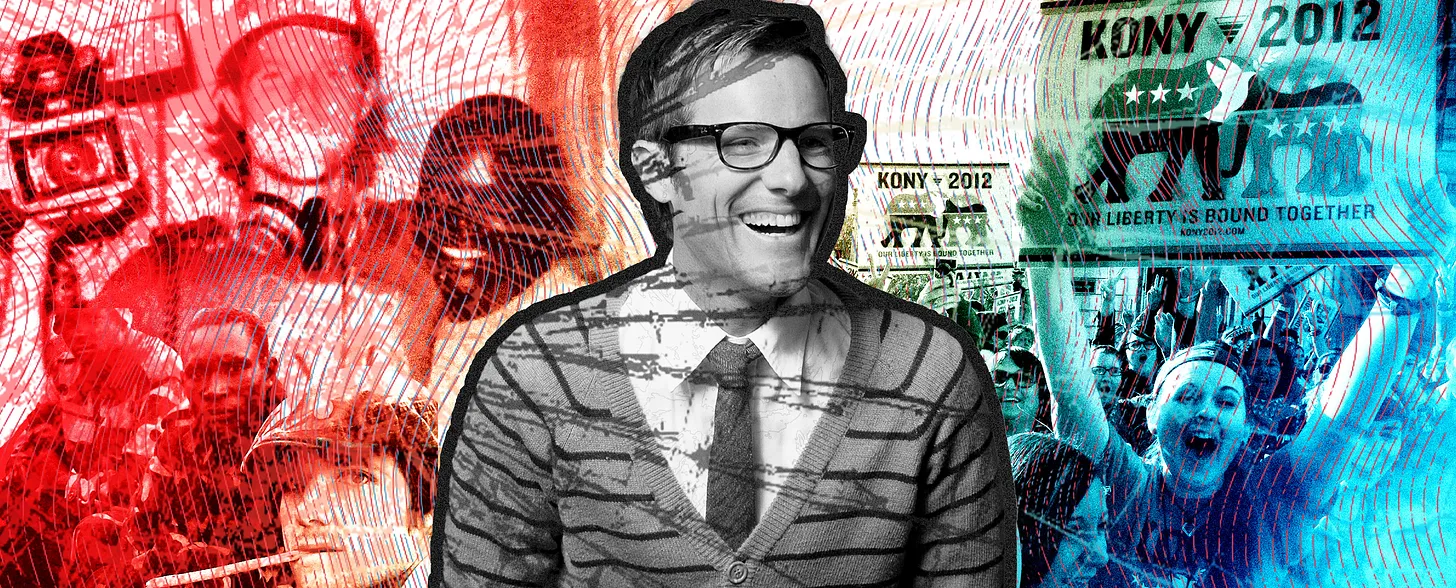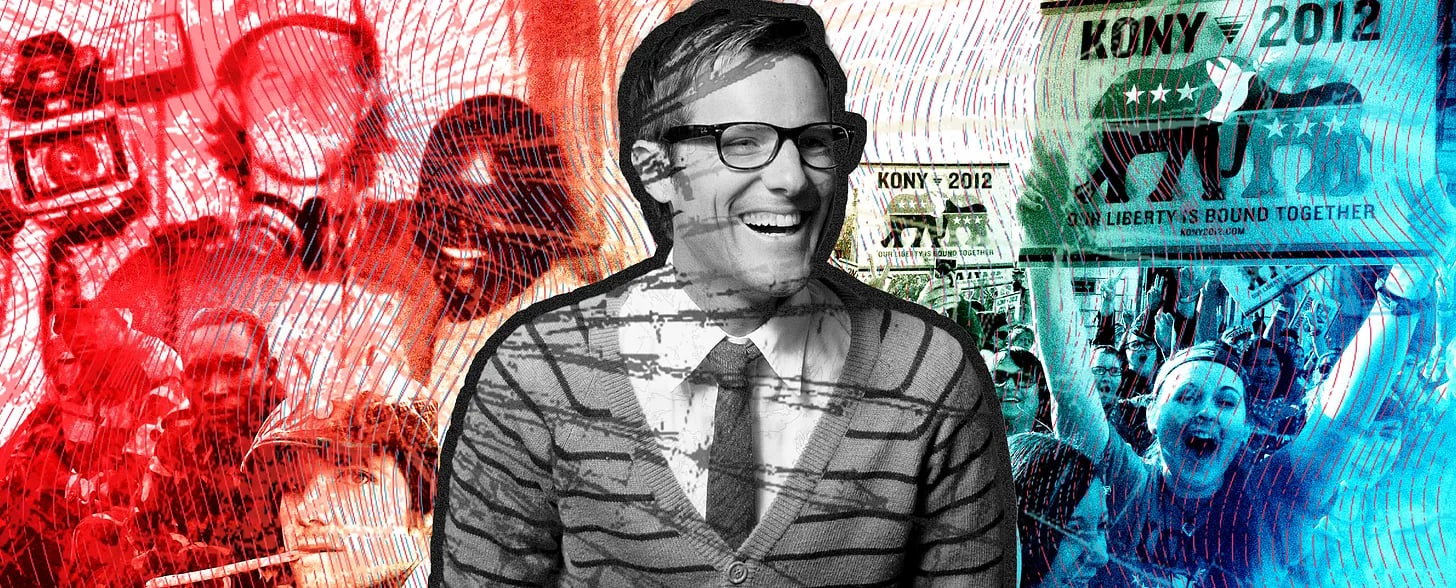What does it take to be good on the internet? - Issue #358

It didn't take long for the jury to find erstwhile crypto king Bankman-Fried guilty on of fraud. This was a nice bookend to the speed at which the business-internet culture anointed him hero and king. For every business page's "we knew it was a fraud all along" takedown, the same page published breathless profiles and trend-pieces, "here's what the crypto future looks like."
Take the old gray lady. Today's headline is, "Sam Bankman-Fried Was a Grown Up Criminal, Not an Impulsive Man-Child."
Rewind to July 2021 and you'll find Bankman-Fried part of the cast in "Crypto Nomads: Surfing the World for Risk and Profit."
Another six month, in May 2022, he becomes the star, by virtue of his influence peddling and marketing dollars in "Sam Bankman-Fried, Crypto Billionaire, Wants Washington to Follow His Lead."
You can't really fault the journalists: they write what appears to be true in the moment. In this case, they captured the general opinion at the time of writing: crypto was the next software, about to eat the world. Right up until it wasn't. (All things being equal, as a journalist you'd also like to have done the write ups of Charlie Munger quotes, "Crypto is an investment in nothing" or "I think anybody that sells this stuff is either delusional or evil.") Bankman-Fried was the picture of the future of everything, right until he wasn't. We've seen this story in business before: the "one drop of blood" entrepreneur is serving time. It's not unique to finance. There's always a hype cycle and someone is always on one side of it or the other. His ride on the roller-coaster left me wondering, fraud aside, why was this guy so famous in the first place?
The aesthetic that drew people to Bankman-Fried was that he was so smart he could play video games while on an interview while trading messages with his team while actually placing giant trades. Almost every breathless profile marvels at the myriad ways he could split his attention. A closer look revealed that he wasn't that smart: his interview with Tyler Cowen was full of circuitous non-answers; the picture that emerges from Michael Lewis's near-hagiography Going Infinite is of an Adderall-addled fellow who can never quite focus on anything long enough to make a clear decision and communicate it to anyone else. Bankman-Fried's need for continuous stimulation made him and his thinking incredibly unstable.
Sequoia, a venture capital firm with enormous clout, found this instability attractive:
That’s when SBF told Sequoia about the so-called super-app: “I want FTX to be a place where you can do anything you want with your next dollar. You can buy bitcoin. You can send money in whatever currency to any friend anywhere in the world. You can buy a banana. You can do anything you want with your money from inside FTX.”
Suddenly, the chat window on Sequoia’s side of the Zoom lights up with partners freaking out.
“I LOVE THIS FOUNDER,” typed one partner.
“I am a 10 out of 10,” pinged another.
“YES!!!” exclaimed a third.
..."And it turns out that that [SBF] was playing League of Legends through the entire meeting."
There's something about our internet culture which elevates the people who aren't quite stable. Their instability somehow makes them better fodder for the internet's hype machine. The ability to tell a story that travels online is more about the telling than the story; producing viral content is more about technique than underlying reality. I keep wondering if you need to be just a little unhinged to be good at the internet.
Remember Kony 2012? It was one of the first viral campaigns to take over the internet. Before the days of dumping a bucket of water on your head to raise money, there came an idea, out of the ether, that online awareness-raising was the key to a better future. The dude behind Kony 2012 either originated or was the first major promoter of that idea. As the immediate hype-cycle bust showed, he was just unhinged enough to make it work and then to be undone by it. Today's link tells that story.
In the end, I think we need to watch out for the people who are internet-famous. They're likely up to no good.
Reading
The First Guy to Break the InternetIt was the halcyon days of social video, eons before TikTok, and one gung-ho idealist had a simple plan to change the world. His Kony 2012 campaign crushed the internet—and nearly crushed him, too. |
|
